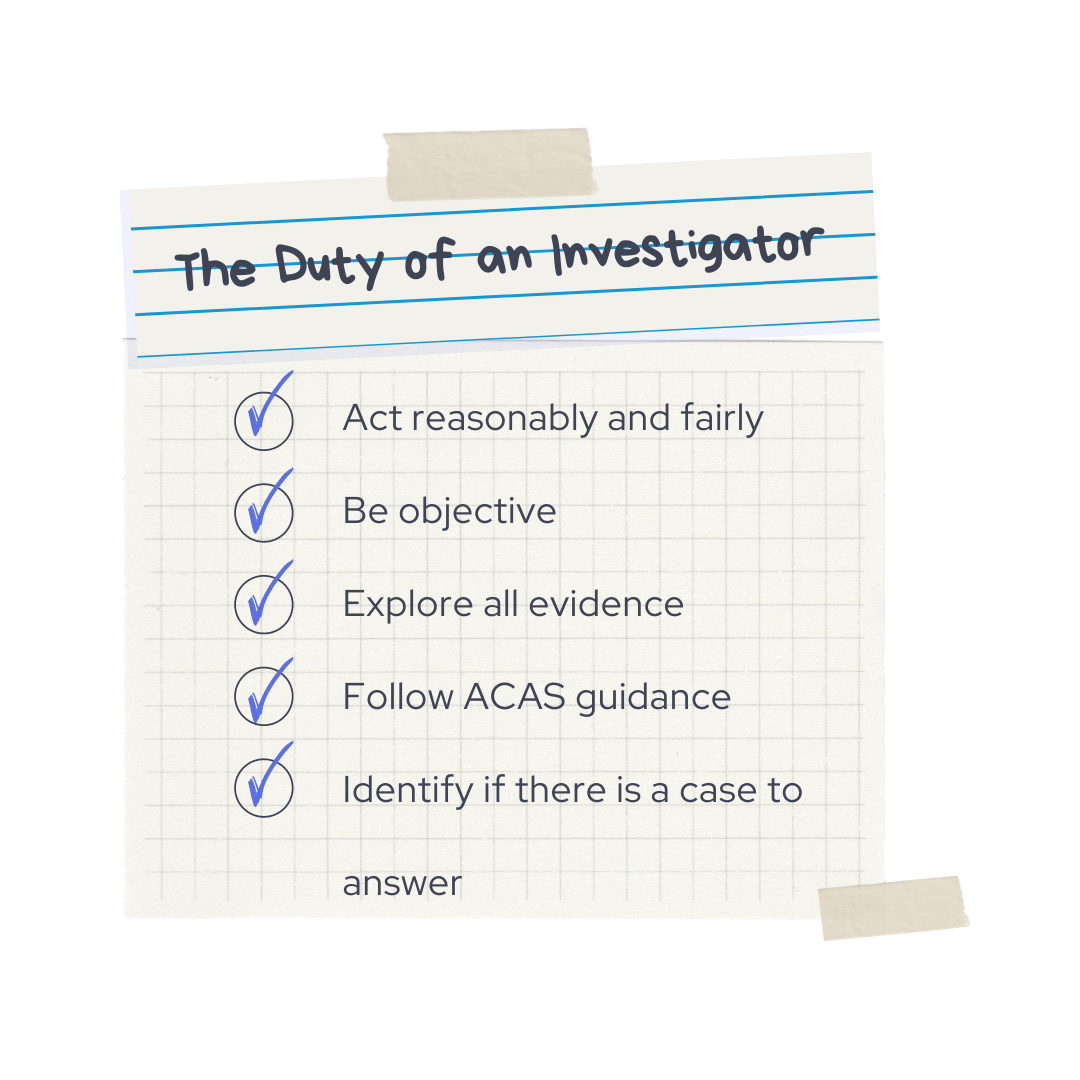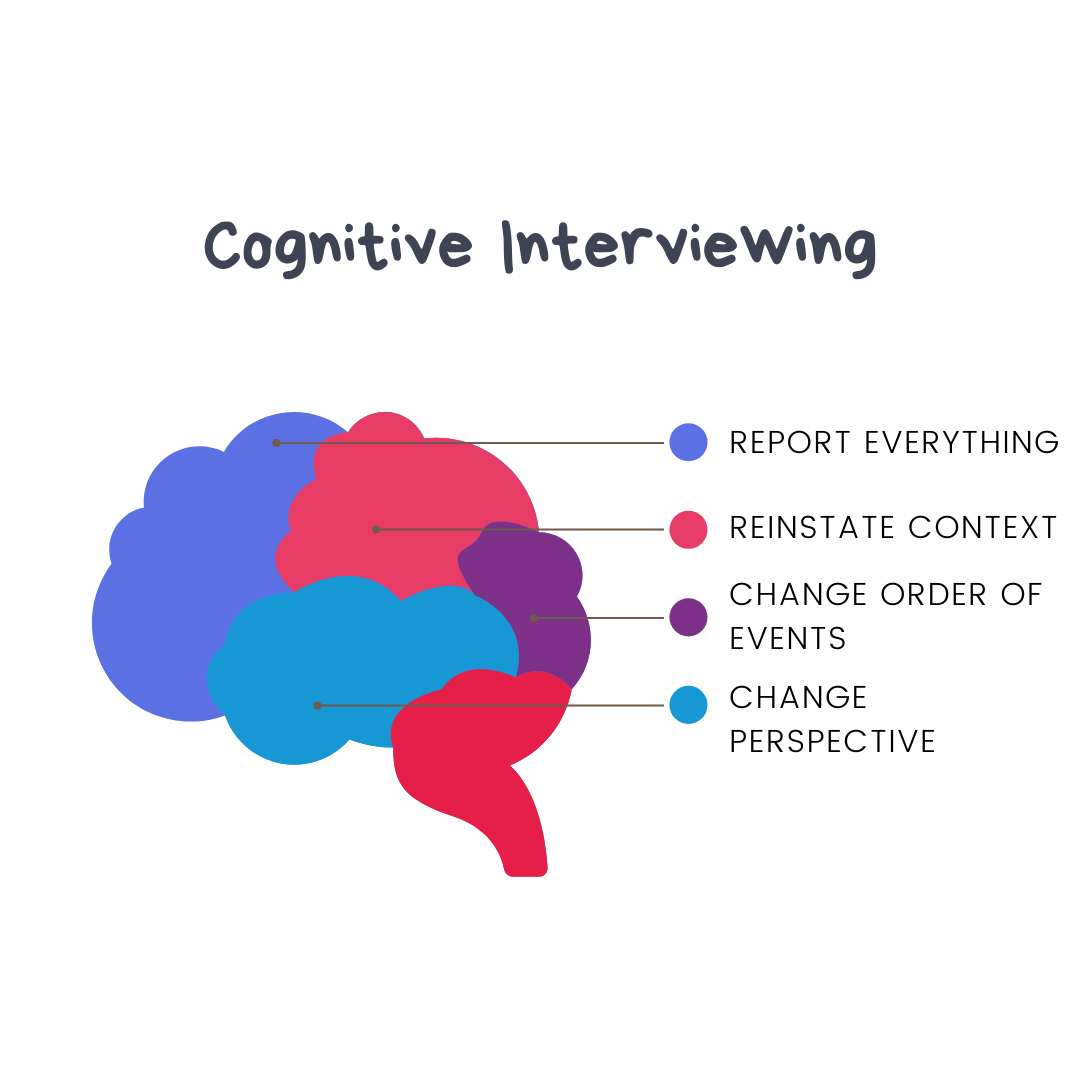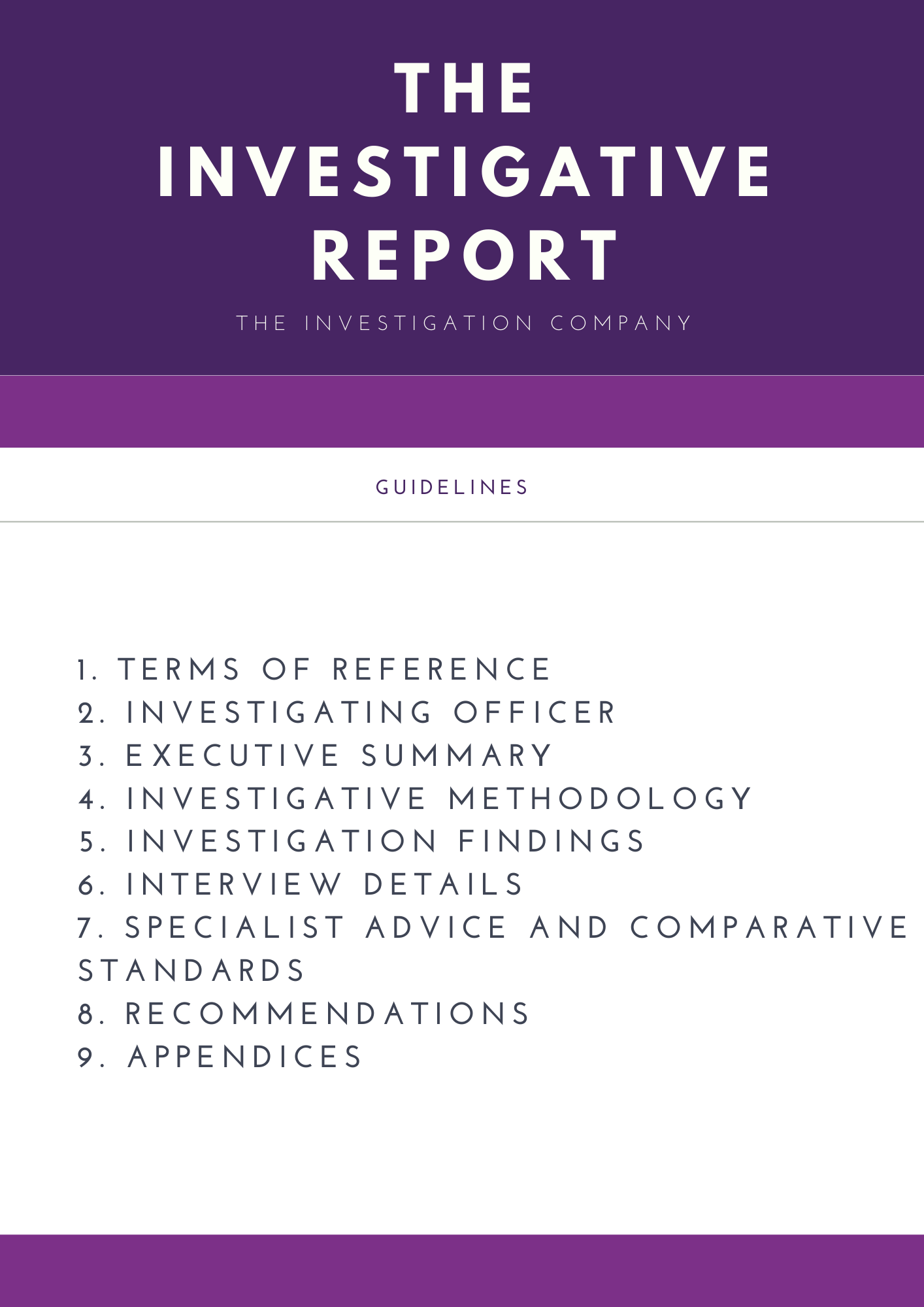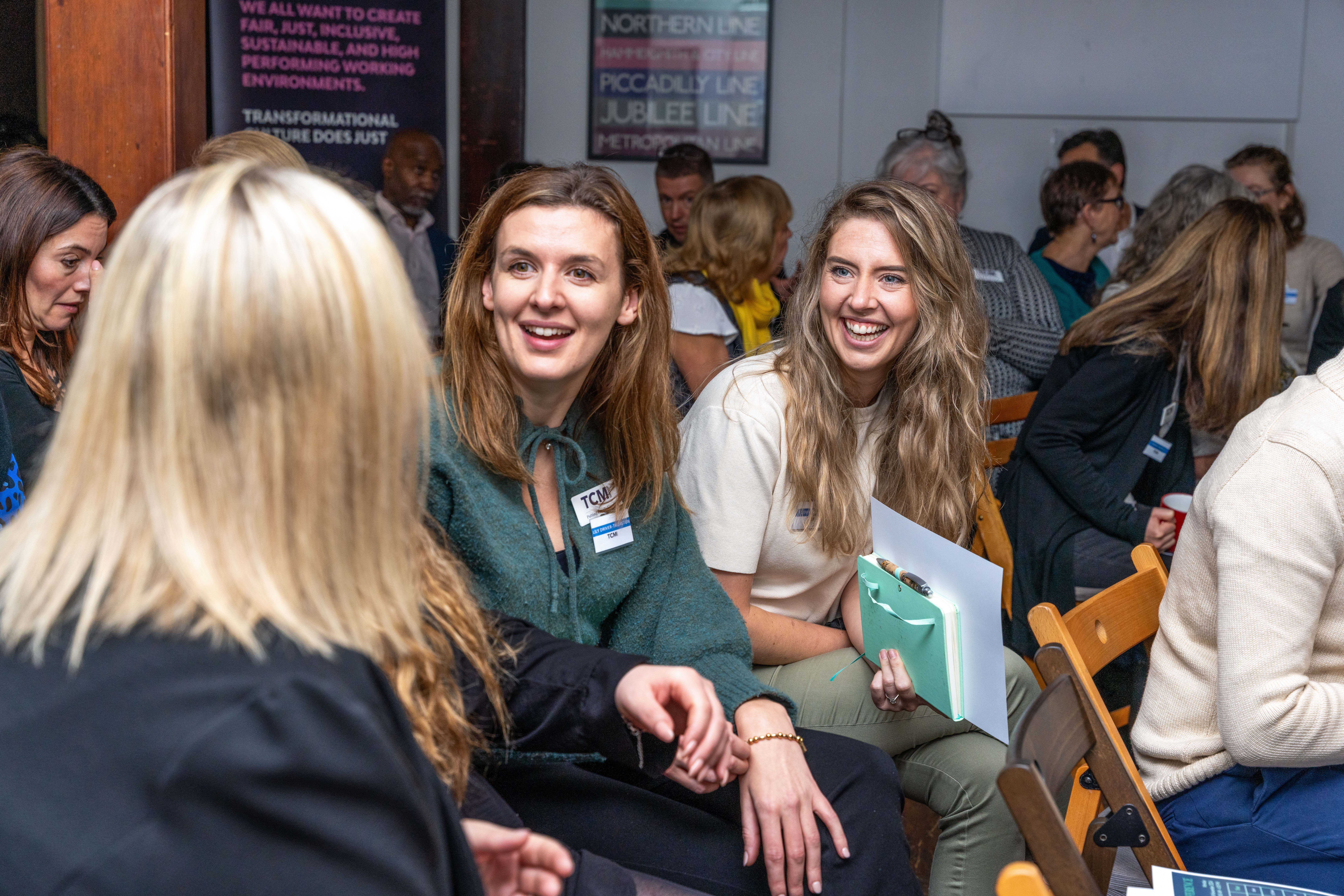
Share article:
Tags:
Last week, over 150 HR and ER professionals came together to learn to to learn all about how to conduct a fair and thorough investigation. One participant wrote,
“Thank you to The TCM Group for a great session on Introduction to Investigations today. A brilliant presentation and very useful to learn best practice for workplace investigations and understand better techniques like witness interviewing, to promote a fair and just culture at work.”
Why do we need to conduct an investigation?
A fair and thorough investigation is the cornerstone of good employment practice, echoing the ACAS code of practice on disciplinary and grievance procedures. The aim of an investigation is to identify information and evidence which supports, or refutes, any allegations. This investigation acts as a “fact finding exercise”, gathering all relevant facts promptly. It will assess, using the balance of probability, if there appears to be a case to answer.
The duty of an investigator
We provided five key principles for investigators to follow for each case. Above all, he stressed that isn’t the duty of an investigator to provide guilt beyond all reasonable doubt, but rather to identify whether there is a case to answer or not based on the balance of probabilities.

Investigative interviews
Witness interviews are often the most important aspect of an investigation as they bring into play the investigator’s interviewing techniques, which if utilised effectively, can influence the outcome and effectiveness of an investigation. Those in the position must be aware of their conscious and unconscious biases and refrain from allowing their preconceptions about what they believe to overcome what is actually being said. Details should be favoured over bias to conduct a fair investigation.
Cognitive interviewing is favoured as the most effective form of investigative practice. A method of improving recollection by targeting the hippocampus part of the human brain, it’s based on four key techniques:

This style of interviewing retrieves pieces of memory to build a whole picture. By probing different points of memory, it requires witnesses to search their brains, look for where each memory is stored and retrieve the information.
The TCM funnelling technique
By building a wider picture of events, the investigator first hears the story of events, which is then finetuned to the key issues at stake, and further narrowed to the actual details. With this understanding of events, with all perspectives gained, the investigative outcome can be pertained through procedural fairness, a balance of probabilities, and principles of natural justice.
The balance of probability requires investigators to ask themselves three questions when conducting a fair and thorough investigation:
- Do you have reasonable grounds to base belief?
- Have you done everything in your power to investigate fairly?
- Given the evidence, do you believe there’s a case to answer?
The investigation report
A report must be written with great detail and read like a novel. It should have a clear beginning, middle and end, with narrative flow. The basic guideline for a thorough report is as follows:

A reasonable investigation
To recap, an investigation must:
- Gather all relevant evidence
- Interview all relevant witnesses
- Make all reasonable attempts to conduct a fair assessment
- Document any omissions with adequate explanation
Thanks to TCN’s knowledge and wisdom, those 150 guests that logged onto the session left with a firm sense of what it takes to be a fair and thorough investigator. If one acts with care, detail and integrity, the rest will surely follow.
You can also watch the webinar by viewing the video below.
Introduction to Investigations Webinar | 3rd November 2021 from The TCM Group on Vimeo.














